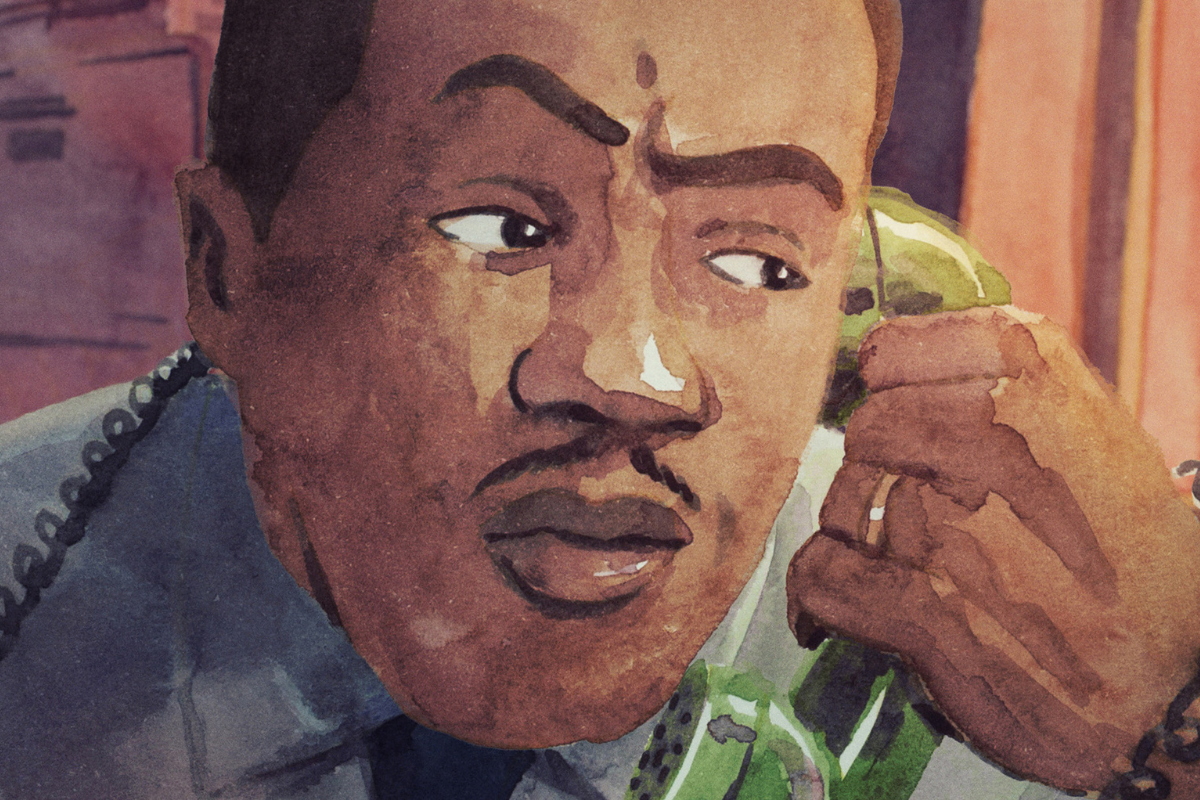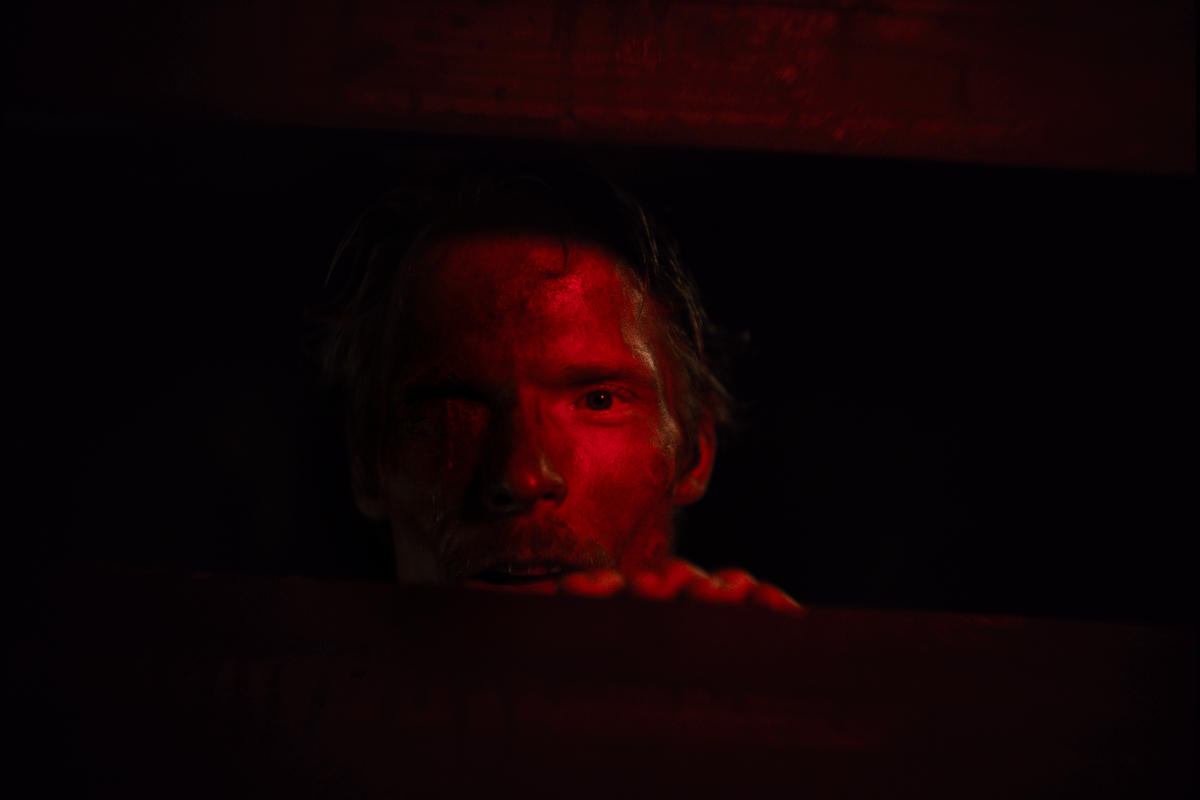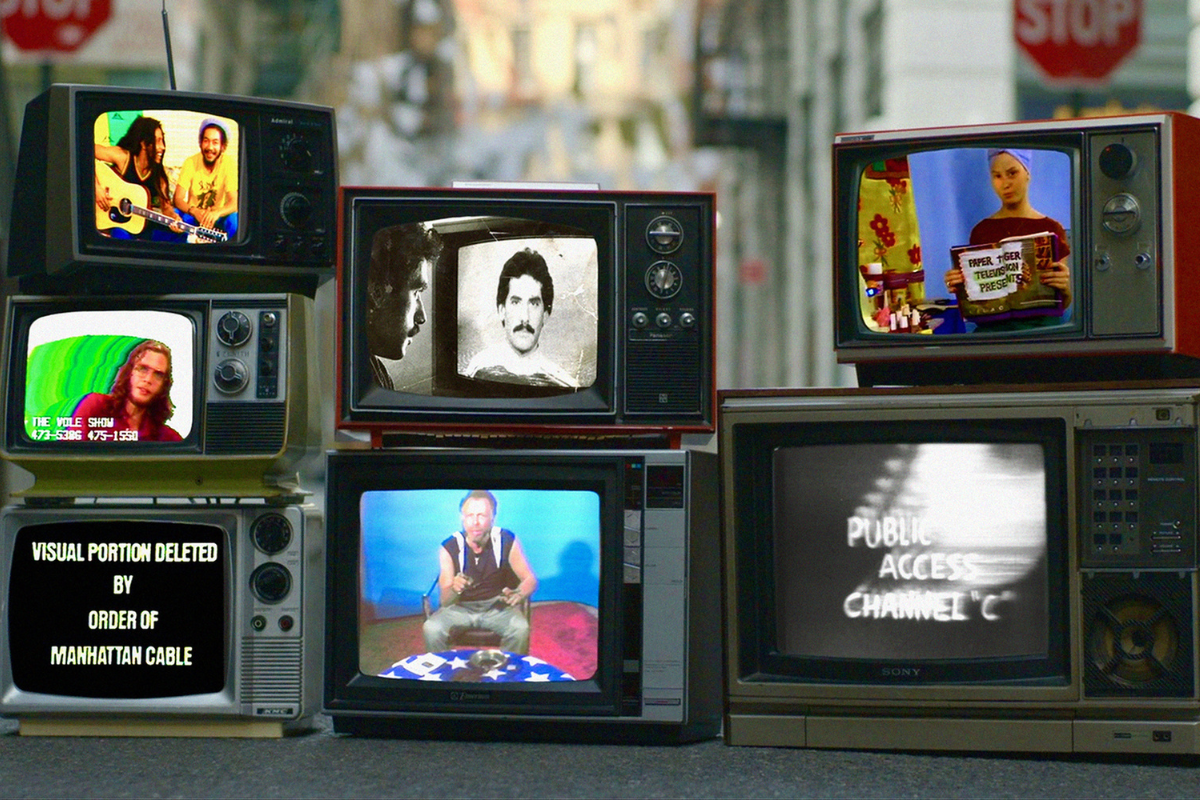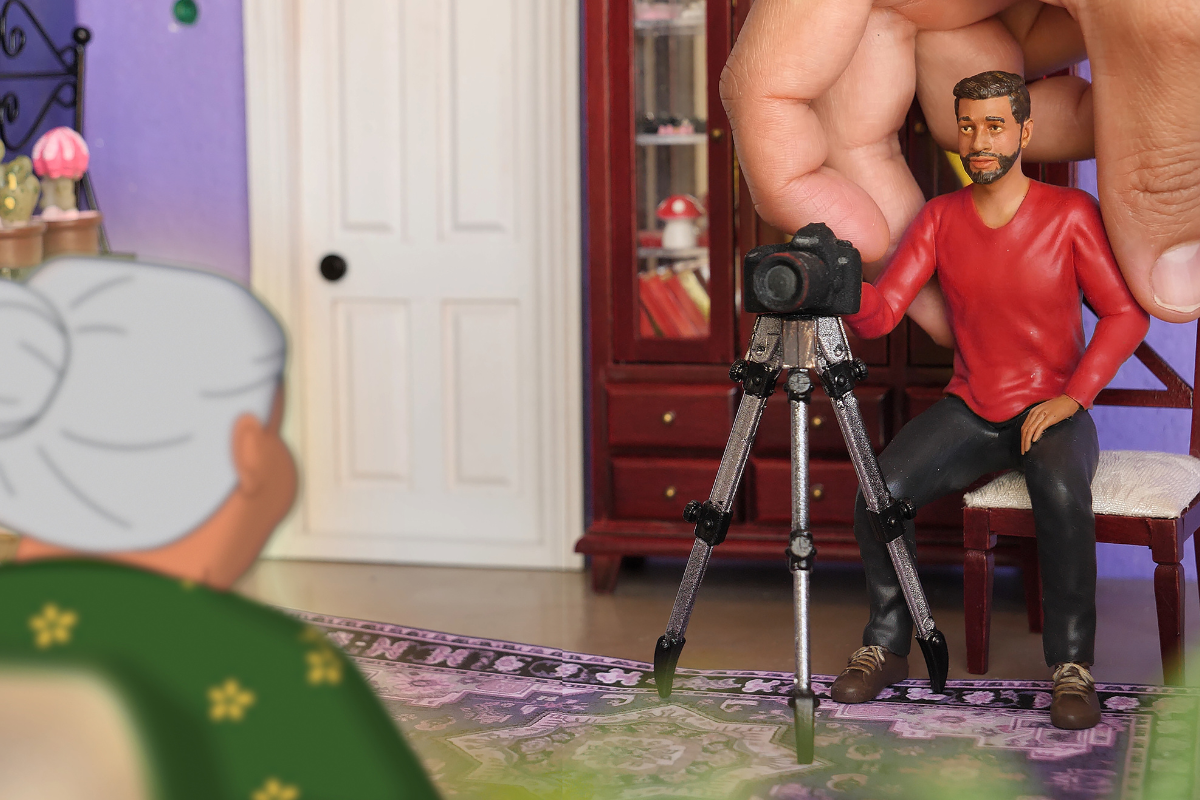Balls of Steel™: What Can Writers Learn From Actor Interviews?
Listening to actor interviews can not only give you great insight into what attracts them to a role but also insight into the industry itself.
When I write, I need some sort of noise in the background. Sometimes it’s classical music, movie soundtracks, or the news on TV. The other morning, I started channel surfing, finally landing on Inside the Actor’s Studio, hosted by James Lipton. Within two minutes, I set my DVR to record the series. I was hooked.
In Balls of Steel Goes Into the Writing Room and Behind the Lines with DR, I talk about the importance of creating characters actors want to play. Listening to actor interviews can not only give you great insight into what attracts them to a role but also insight into the industry itself.
George Clooney spoke about auditioning: “Actors tend to get in their own way, a lot. A lot of times you will do things that will screw up your audition process. I was very bad at auditioning, and I always went in to it saying ‘God I hope I don’t screw this up.’ But at the same time, the directors are saying, ‘God, I hope this person is the savior.’ What you have to remember is that the worst thing that could happen is you don’t get the job you don’t already have.”
Sounds very familiar to what it's like for us to pitch.
Back to our characters...
I’m not just talking about protagonists and antagonists. I mean all of the characters. Sometimes an actor will be so attracted to a supporting role that they don’t mind playing second to another. Albeit it less screen time, exploring a fascinating character might end up stealing the entire movie and be their award-winning opportunity.
Or perhaps an actor shares the same wound as the character, drawing them to the part. Actors are complex, possibly more than most, at least the actors I know. To shine in their craft, they need to be willing to access dark corners of their minds. That takes bravery. Give them something to work with. Create multi-layered, complex characters no one can say no to playing.
Understanding actors’ minds is essential to understanding them as artists. What better way than to watch their interviews, especially by someone as talented as James Lipton. He’s better than Barbara Walters at getting people to cry… even Dustin Hoffman shed tears!
In the episode I watched, Lipton spoke of a questionnaire he uses at the end of each interview. He credited the TV host from Paris who originated the questions, but his name escapes me at the moment (I’ll update the post when I remember it).
What is magical about these questions is they allow you to learn more about a person in a single word than in 30 minutes of conversation.
Let’s play. You are the actor. I am James Lipton… without a beard:
- What is your favorite word?
- What is your least favorite word?
- What turns you on creatively, spiritually, or emotionally?
- What turns you off?
- What is your favorite curse word?
- What sound or noise do you love?
- What sound or noise do you hate?
- What profession, other than your own, would you like to attempt?
- What profession would you not like to do?
- If Heaven exists, what would you like to hear God say when you arrive at the Pearly Gates?
Now, I want you to go one step farther. Imagine your characters answering these questions. What would they say?
It’s not just the answers they give that are telling, it’s also how they give them. Would they fidget at the thought of even being asked? Would they sit up confidently ready to belt responses out without thinking? Would they have direct eye contact or look at the floor? When Jennifer Lopez answered Lipton's questions, she was full of nervous laughter, while James Gandolfini was guarded and shy. How your characters hold themselves when under pressure speaks volumes as to how they'll conduct themselves in your story when the conflict rises.
What will answering these questions reveal about yourself, your characters, and your story?
We rely on actors to breathe life into our characters. Even when we pitch our work, producers might ask who we envision in the role. Why not take the time to understand the complexities of the artists we rely on to bring our stories from page to stage or screen? Imagine the possibilities of learning by exploring our craft from all sides.
If you’re lucky, actors might even inspire you to step into their world and take an acting class yourself. Who knows, maybe we’ll see you across from James Lipton one day.
I'll leave you with one more George Clooney quote that speaks to writers as well as actors: “Confidence is one of the big things you’re selling.”
See, we do have something to learn from actors. Imagine that.
Get FREE Screenwriting Resources when you sign up for our newsletters!
Jeanne Veillette Bowerman is a Senior Executive at Pipeline Media Group and Book Pipeline, Editor-in-Chief of Pipeline Artists, Director of Symposium—a year-round conference in the arts, co-host "Reckless Creatives" podcast, partner at Fringe Press, former Editor-in-Chief of Script magazine and a former Senior Editor at Writer's Digest. Recognized as one of the "Top 10 Most Influential Screenwriting Bloggers," her "Balls of Steel" column was selected as recommended reading by Universal Writers Program. A compilation of her articles is now available at The Writers Store—Balls of Steel: The Screenwriter's Mindset. She is also Co-Founder and moderator of X's weekly screenwriters’ chat, #Scriptchat, and wrote the narrative adaptation of the Pulitzer Prize-winning book, Slavery by Another Name, with its author, Douglas A. Blackmon, former senior national correspondent of The Wall Street Journal. More information can be found on her website. X: @jeannevb | IG/Threads: @jeannevb_ | BlueSky: @jeannevb.bsky.social







